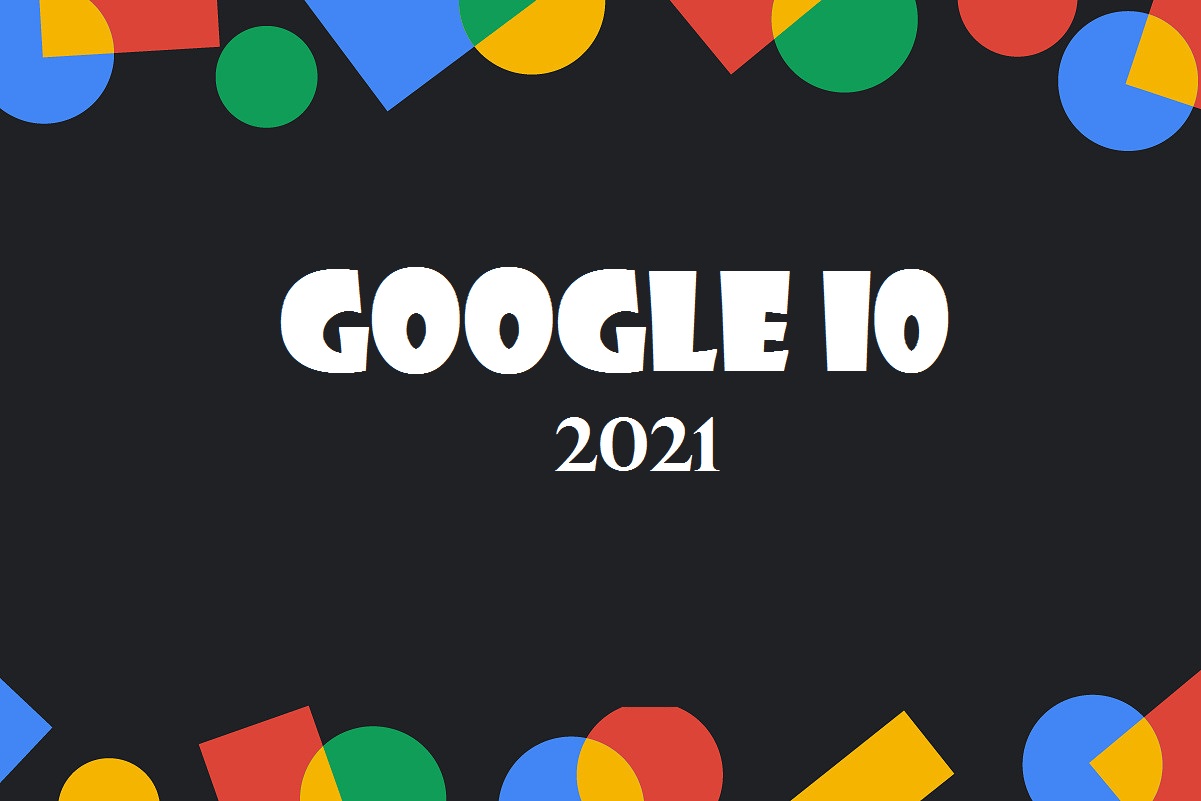
Whether your business is large or small, it is vital to ensure that your digital marketing is conducted in a targeted and specific manner. If this is not managed correctly, regardless as to how well designed and beautiful your website may be, how phenomenal your products are or the scale of your marketing budget, your website will not be as successful as it could be.
Here are a few key points that are vital to follow in planning digital marketing, whether that’s in Colchester or anywhere else in the country.
Do you know what is important to your audience?
Today’s business owners and marketers have a vast amount of data at their fingertips relating to their customers. Whether this is through Facebook Insights, Google Analytics or any of the myriad analytics technologies out there, we know far more about our customers than ever before.
Use this data to help build a picture as to what is important to your customers, in order to better target your content and digital marketing spend in areas and ways which are most likely to speak to your audience.
Don’t be afraid to call in a digital marketing agency in Colchester
A small business may only be a one or two person operation, in which the key expertise is in creating or finding a specific set of products or services. No-one can be an expert in everything and it is increasingly common to call in the professionals in order to give your digital marketing presence a steer in the right direction.
Understand your organic keywords
The best way to bring traffic to your site is to have a broad range of highly relevant keywords placed throughout the content within your site. These fall into three broad categories:
Informational keywords are those used to find information about a broad topic. This could be ‘DIY decking’ for example. A user searching for ‘DIY decking’ is likely to have a project that they plan to start, but may not know precisely what they want as yet.
Navigational keywords are those used to find a product, from a specific website. Rather than ‘DIY decking’, this may be ‘B&Q decking’. People using navigational keywords are likely to be returning customers, or those who know what they want but may not yet be ready to make a purchase.
Transactional keywords are used when a user knows precisely the product that they want to purchase. This could be a search for ’18mm softwood decking’. Searchers who utilise these keywords are likely to be ready to purchase, or very nearly ready.
Understanding the keywords used by your potential customers (and the purchasing intent behind them) will help to focus your content, allowing you to identify what works and refine your user journey and keyword targeting in order to drive more traffic your way.




